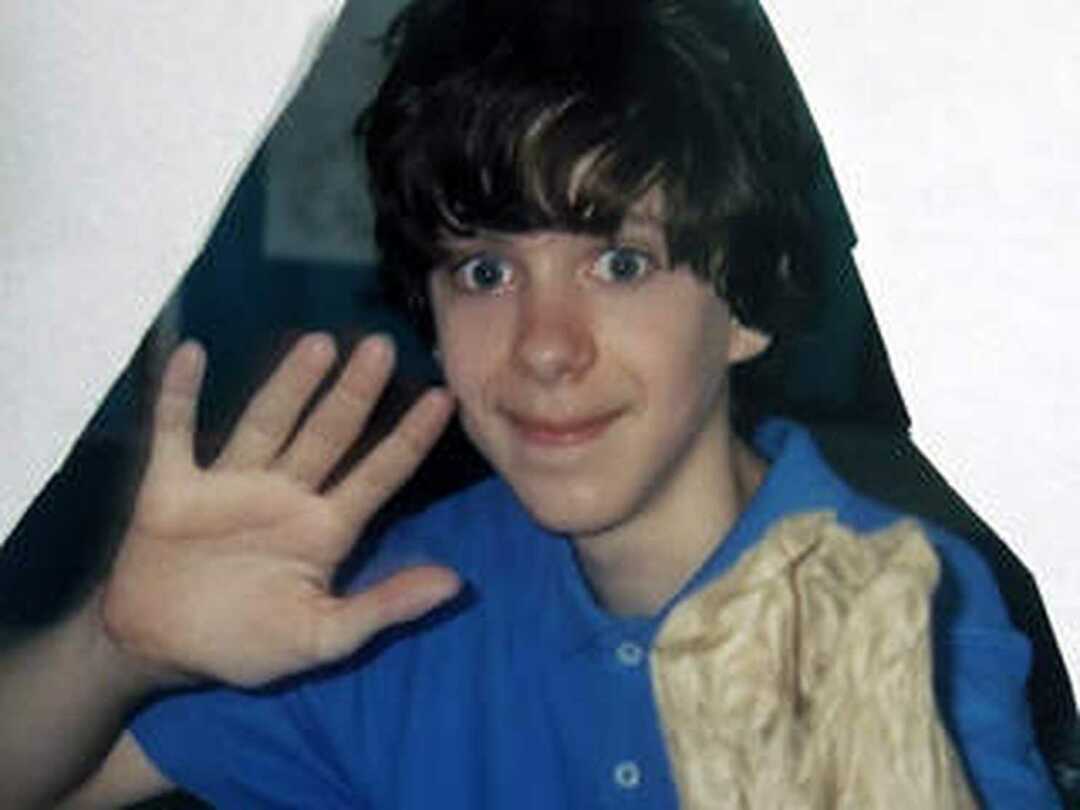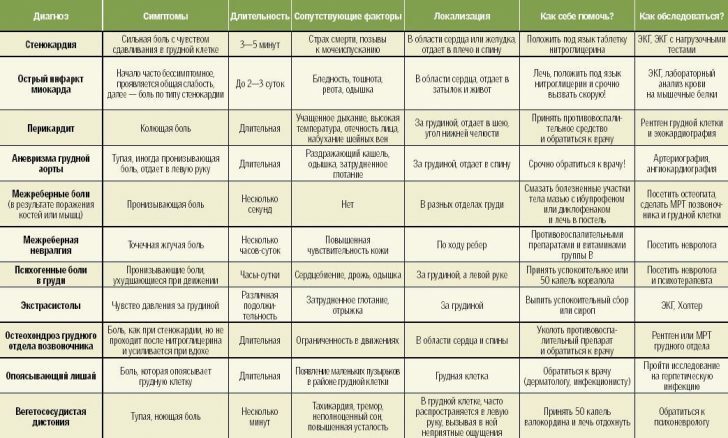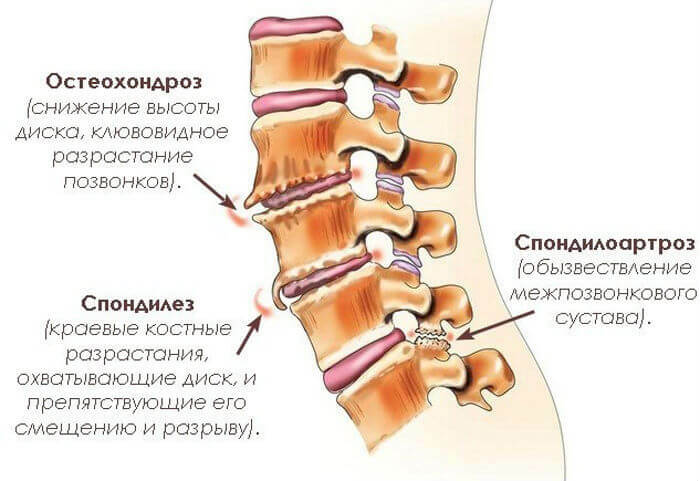Asperger's syndrome: symptoms in adults in children (photo), treatment
Asperger syndrome is one of the so-called autism spectrum disorders.
From the usual autismthe syndrome differs in that the patient's cognitive and even speech abilities are generally preserved.
"Related" diseases of this syndrome are:
- atypical autism;
- psychosis, early childhood;
- high functioning autism;
- Rett syndrome and some others.
Patients are characterized by difficulties in communication, as well as stereotyped behavior and limited interests. These disorders are of a profound nature, interfering with normal life.
It is noteworthy that this disease is congenital, which means that it cannot appear as a result of the development of a child in the first years of life. However, parenting and the environment significantly affect the course of Asperger's syndrome.
There are different opinions about how often Asperger's syndrome manifests itself in childhood. Statistics speaks of 0.36 - 0.71 percent cases, however, experts give a completely different figure: in their opinion, children have symptoms at 30 or even 50 percent cases. It turns out that Asperger's syndrome is a very common disease.
Discovered only in the first half of the twentieth century, Asperger's syndrome did not attract the attention of scientific and medical circles for a long time. “Strange” children were given various diagnoses, from atypical autism before child schizophrenia, and adults were considered simply ill-mannered people, chronic losers, unscrupulous boors. The real reason for the odd behavior was discovered later.
Content
- The causes of the syndrome
- What are the symptoms of the disease?
- Diagnostics
- Diagnosis in children
- Diagnostics of adults
- Treatment
- Forecast
- Related Videos
The causes of the syndrome
Asperger's syndrome has been studied since 1944, but during this time the causes of the appearance of the syndrome have not been fully identified. Since the disease is congenital, opinions have been expressed about its genetic origin. The researchers noted that relatives of Asperger syndrome carriers may also have signs characteristic of the disease, most often in a milder form - for example, some disorders in communication. This was pointed out by Hans Asperger himself, who studied not only his young patients, but also their families.
It has also been noted that autism spectrum disorders have a similar genetic origin.
Modern research has shown that the direct mechanism of the course of the disease is a violation neural connections in the brain - because of this, the management of a person's mental life differs from normal.
What are the symptoms of the disease?

There are many manifestations of Asperger's syndrome; each life situation reveals its own "oddities".
However, there are general symptoms that indicate the presence of this disease. Their appearance can be noted starting from the age of 3. Until this moment, the child develops normally - at the right time he learns to sit, walk, speak.
Difficulties begin at higher stages of mental development:
- The child does not want to make contact with the people around him. He does not communicate (or does not communicate well) with family members, with comrades in the kindergarten or at school. He does not take the initiative to meet or contact. If the contact has taken place, then the patient with Asperger hardly understands the emotions of the interlocutor, does not recognize the shades of intonation, gestures and facial expressions; does not understand the joke - he takes the speech addressed to him literally.
- The patient's speech often does not contain emotions, the words are pronounced monotonously. The child cannot find the right words to explain what he needs. Because of this, the child is considered stupid, at school they give a low grade due to the fact that he allegedly did not learn a lesson; in fact, the situation is the opposite - he can very quickly learn the topic (literally by heart), but communicative disorders prevent him from reproducing what is needed.
- If the carrier of Asperger's syndrome begins to speak confidently, then, as a rule, he is carried away by a long monologue. He does not understand how the interlocutors react to his speech, whether they are interested in it or not. The child often does not look the interlocutor in the eye, he does not pause in his speech, necessary for the listeners to perceive his words. His monologue resembles the reproduction of a sound recording. The strange thing here is that the speaker is quite aware that he is communicating with another person.
- The speech of an "asperger" looks even more strange due to the almost complete absence of facial expressions and gestures. Even his gaze during a conversation is directed into the void. Such an unnatural posture is noted even in photographs.
- Another fundamental symptom is the desire for order. The child tries to arrange things in an "ideal" way: arranges toys according to color, shape, size, puts objects in strictly defined places. If he left a thing in one place, and then someone moved it to another, but very close, then upon his return the child may not find it at all. This is also common in adults with Asperger's Syndrome.
Read also:Peripheral neuropathy
- "Aspergers" are prone to "ritual" behavior: they perform the same actions every day, live according to a strict schedule, walk the same streets, etc. Many rituals have no obvious meaning - for example, a child can add and rearrange cubes, make strange gestures.
- The thinking of carriers of the syndrome is most often "single-tasking": they tend to get carried away with one activity and devote all their free time to it. Passion for this occupation from the outside may also seem like a kind of ritual, although the patients are well versed in the subject of interest. Likewise, in a conversation - he cannot talk about several things in a row at the same time, preferring to choose one topic and follow it to the end.
- Heightened sensory sensations are not common, but a characteristic feature of Asperger's syndrome. The patient may have heightened hearing, a very strong sense of smell, he may be irritated by too bright light, noise. At the same point, signs of a slightly different kind can be noted: the little "asperger" has, for example, an absolute ear for music, moreover, without any preliminary music lessons.
- Physical awkwardness, clumsiness. Many skills are difficult for a person suffering from the syndrome - for example, riding a bicycle.
The listed signs, of course, can be observed in ordinary people - individually and as a result of any acute situation (for example, nervous breakdown, fatigue, despair).
It is possible to talk about the presence of Asperger's syndrome in the case when there are several symptoms at once, they are expressed in a vivid degree and are constant.
Diagnostics
Detecting Asperger's Syndrome is actually a tricky task. For this, specialists from different fields are involved - psychologists, psychiatrists, neurologists, geneticists. Comprehensive research is needed because the symptoms of the syndrome are similar to those of other disorders.
Diagnosis in children
It is important to detect symptoms in children as early as possible, as this simplifies treatment. To make a diagnosis, conversations with the child are conducted, including tests and games.
In addition, the specialist speaks with the child's parents in order to obtain information about his behavior in the family, at school, during daily activities. A conversation with parents will allow you to identify the manifestations of the syndrome in them.
Read also:Sleep paralysis (old witch syndrome)
Diagnostics of adults
Asperger's syndrome in adults is more difficult to identify because the symptoms of the disease change with age. However, there are a number of methods available to diagnose the disorder in adults. These include, in particular, standard tests:
- 1.Test. Based on the analysis of the patient's gaze. The test is often carried out from a photo. As already mentioned, the gaze of a person suffering from the syndrome does not express anything and is directed nowhere.
- 2.Test. Determines the degree of empathy - the emotional development of the subject. Aspergers have lower scores on this test than healthy people.
- 3.Test. Shows the presence of ritual behavior, "looping".
Treatment
Since Asperger's syndrome is a genetic disease of the "psychological" sphere, there are no methods of its medical treatment.
However, there are drugs that can treat concomitant diseases - nervousness, depression, sleep disturbances, inattention, and a tendency to self-harm. Some medications can even eliminate repetitive behaviors and behavioral patterns.
The main methods of treating Asperger's syndrome are non-drug. These include cognitive behavioral therapy, occupational therapy, social and communication skills training. Physical therapy is also used, which helps to correct coordination of movements and improve sensory skills.
Children are shown classes with a speech therapist; its task is to develop the child's skills for conveying emotions, to teach how to make speech vivid and expressive. In addition, it is necessary to visit a psychologist and a teacher-defectologist who will teach the child to navigate in the world around him.
Ideally, therapy for the syndrome should be mixed: psychological, behavioral and cognitive methods must be combined with taking supportive medications aimed at improving the patient's well-being.
It is much more difficult to treat Asperger's syndrome in adults, as well as to diagnose the disease, than in children. In particular, because adult carriers of the disease have already become established personalities, they are critical of attempts at treatment and often do not consider their condition to be a disease.
Forecast
Asperger's syndrome, unlike ordinary autism, does not create insurmountable obstacles to normal life. The rumor about the high intellectual level of all "Aspergers" without exception, of course, does not correspond reality: according to statistics, most carriers of the syndrome have an IQ average.
However, the peculiarities of the thinking of "Aspergers" are such that it is easier for them to learn the exact sciences, including programming. It is among the outstanding programmers that there is a fairly high percentage of people suffering from Asperger's Syndrome. But in other areas, people with this syndrome have achieved outstanding results.
It is believed that it is impossible to completely cure Asperger's syndrome, and the available treatment methods are aimed only at smoothing out negative signs. However, for life, this does not make much sense, since many "aspergers" become full-fledged members of society; moreover, it is easier for them to be given certain skills that are in demand in a modern economy - for example, systemic thinking, quick search for information; Aspergers are honest and orderly employees, deeply passionate about the business they do.
It helps to advance in the service, to make a career. Normal, and in some cases, high intelligence allows them to correct and correct the weaknesses of their thinking and behavior on their own.
However, for a successful life in society, many carriers of Asperger Syndrome must visit a psychologist or therapist frequently. The laws of the modern world are such that they reveal violations inherent in "aspergers", and then they become a serious obstacle when entering a university, hiring and in other situations.
After all, today communication skills, flexibility of thinking, the ability to adapt to rapidly changing circumstances are valued no less (and often more) than specialized education and phenomenal abilities in any field. "Asperger", capable of developing in ideal conditions, experience difficulties where the harsh laws of reality do not correspond to the ideal. And here the therapist will provide invaluable help by teaching you to understand the environment.
The manifestations of the syndrome can be varied, sometimes even the opposite. So, for the majority of "Aspergers" an excessive tendency towards order, regularity and accuracy is characteristic, however in some patients the opposite is observed - complete chaos, the inability to bring their life and thoughts in order.
Some carriers of the syndrome do not want to communicate with anyone, while others try to contact everyone in a row, not noticing the response of the interlocutors. And in this regard, the prognosis for each specific case may be different: one "asperger" can be enough it is easy to adapt in life and become an independent person, and the other must need custody.
Read also:Why is the disease of a retrocerebellar arachnoid cyst of the brain dangerous?
People with this syndrome can start families, although a large number of them remain lonely. If one or both partners in the family are "Aspergers", then they may experience difficulties in terms of mutual understanding. To avoid this, partners' conversations should be direct, not veiled. The carrier of the disease himself, however, will talk like that, but his partner, if he does not suffer from Asperger's syndrome, will need some training.
Separately, it should be said about children suffering from Asperger's syndrome. Even the most talented of them need all-round help - proper parenting, supervision by specialists. It is not a fact that innate talents will help the young "asperger" to pave the way in life himself and even stand out at school. In the classroom, such a child often becomes an outcast.
Strange behavior becomes the subject of ridicule, no one wants to be friends with him and communicate, he is offended, and for good grades and demonstration of knowledge, he receives the offensive stigma of “botanist”.
An Asperger student may have profound knowledge in one subject, but lag sharply in all others. This may look odd, and teachers consider him a problem child. Also in the lesson he can do other things - say, write poetry or draw; if the teacher makes a remark to him, then the response may be unpredictable: the child, what good, will be offended or even start to scandal.
In addition, not all of the “talents” of a child with Asperger Syndrome are truly intelligent and socially needed. For example, a child can memorize traffic routes, numbers of passing cars and other insignificant things, giving himself up to this matter with complete seriousness. In this case, it is necessary to direct the child's abilities in the right direction as early as possible, to try to captivate him, say, with mathematics.
It is very important not to restrict the child in learning and communication, but on the contrary - in every possible way to stimulate his presence in a normal society. Transferring an “Asperger” child to a correctional class, isolation from peers are very big mistakes that can only aggravate the disease. He should be in a normal environment, however, teachers and classmates should be warned that the child has some developmental disabilities.
Others should understand that if a child does not express emotions and experiences, this does not mean that he does not experience them: people who are suffering Asperger's syndrome, especially children, often experience more deeply than their "normal" peers, as a result of which they are more vulnerable.



